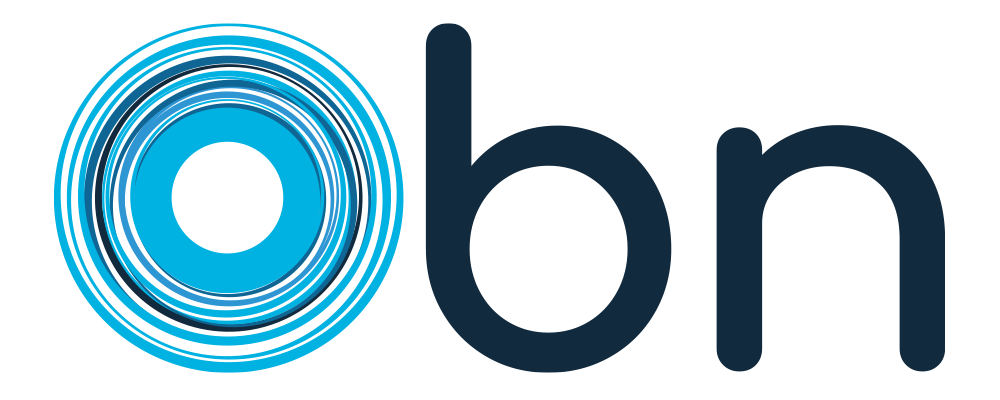
‘’Wait a second.. I think I scored on my own net…’’ I am pretty sure this is nothing but the thoughts of Zuck when hosting the Israeli academic Harari for the so called PR series of discussions on the future of technology and society that Facebook initiated as if Zuck cares about the potential disruptions of internet on humanity more than his monthly recurring ad revenue. No need for lots of words, the expression of Zuck (by the way I believe he permanently has this face gesture) from the interview tells us everything.

Zuck and Harari had that extraordinary interview this week. They discussed things like whether the internet is connecting or fragmenting society, the different ways artificial intelligence could be developed, how algorithms will continue to impact people’s lives, and why it is so important that we don’t store sensitive data in countries with weak rule of law or where governments can forcibly get access to that data. As most of you already know, Yuval Noah Harari is a historian and author of Sapiens, Homo Deus, and 21 Lessons For the 21st Century. Most historians only tackle and analyze the past, but a lot of the work Harari has done has really interesting insights and raised important questions for the future. Harari says if historians and philosophers can nat engage with the current questions of technology and the future of humanity, then we are not doing our jobs…’’
Sapiens was bold and engaging, covering the discovery of fire to the creation of cyborgs in less than 500 pages. The follow-up book, Homo Deus, was also a global bestseller, and finally Harari has turned his attention to the present with 21 Lessons for the 21st Century. It covers everything from war – Harari’s academic specialism – to meditation, his favourite leisure activity. (He does two hours a day, and a month-long retreat every year.) The collection of pieces aims to take stock of where humanity has reached, and where it might be going. Ultra-topical concerns such as “fake news” and the rise of authoritarians such as Donald Trump are set in the context of centuries of our biological and social evolution.
During the entire interview, Harari points out the conflicts & weak points of Zuck’s statements. I am not going to give here all the points as I want you to watch the entire video, but just leaving here some anectodes when Harari pushed Zuck to the wall.
- Zuck brags about how facebook connects online communities and enable, engage and energize them for a better collaboration. However Harari says most meaningfull communities are offline communities. And he adds: ‘’The practical question for a service provider like Facebook is ‘’What is the goal? Are we trying to connect people and ultimately they will leave the screens and go & play football or pick up garbage or are we trying the keep them as long as possible on the screens? There is a conflict of interest there…’’
- Zuck suggests that almost nobody could argue with the benefits of a richer social environment in which people have more options to connect around all kind of things. Harari confirms and but challenges Zuck with this: ‘’The key question is how do you still create enough social cohesion on a level of country, and increasingly also on the level of the entire globe in order to tackle our main problems. We need global cooperation liken ever before because we are facing unprecedented global problems. We just had earth day, and shoud be obvious to everybody we cannot deal with the problems of the environment, of the climate change, except through global cooperation. Similarly if you think about the potential disruption caused by new Technologies like artificial intelligence, we need to find a mechanism for global cooperation around issues like how to prevent an AI arms race. How to prevent different countries racing to build autonomous weapon systems and killer robots and weaponizing the internet and weaponizing social networks. Unless we have global cooperation we cannot stop that.’’
- Zuck tells about potential job opportunities coming with the advance of internet and connected technologies. Harari confronts as: ‘’If you think about the potential disruption to the job market and the economy, caused by AI & automation… It is quite obvious that there will be jobs in the future but will they be evenly distributed between different parts of the world? One of the potential results of the AI revolution could be the concentration of immense wealth in some parts of the World, and the complete bancruptcy of other parts. There will be a lot of new jobs for the software engineers in California, but there will be maybe no jobs for textile workers and truck drivers in Honduras and Mexico. So what will they do?’’
- Zuck says: ‘’There have been a lot of questions around the world around censorship and I think that those are really serious and important. A lot of the reason why we build what we build is because I care about giving everyone a voice, giving people as much voice as possible, so I don’t want people to be censored. At some level, these questions around data and how it’s used and whether authoritarian governments get access to it I think are even more sensitive because, if you can’t say something that you want, that is highly problematic, that violates your human rights. I think in a lot of cases it stops progress.’’ But Facebook itself censored the opposite point of views and statements at particular states of US during the last presidential elections.
In a heavily noisy environment where most people confuse of sheeps and wolfs, the ones who utilize the advantages of disruptive technologies most for the sake of profit rather than the sake of humanity, biggest challenge is to push the scientific and technological progress with clearly drawing the ethical, humanitarian and legal boundries. In such a foggy weather, we need more tehcno-sociologists like Zeynep Tüfekçi who works on the social implications of emerging technologies in the context of social life, politics and corporate responsibility.

